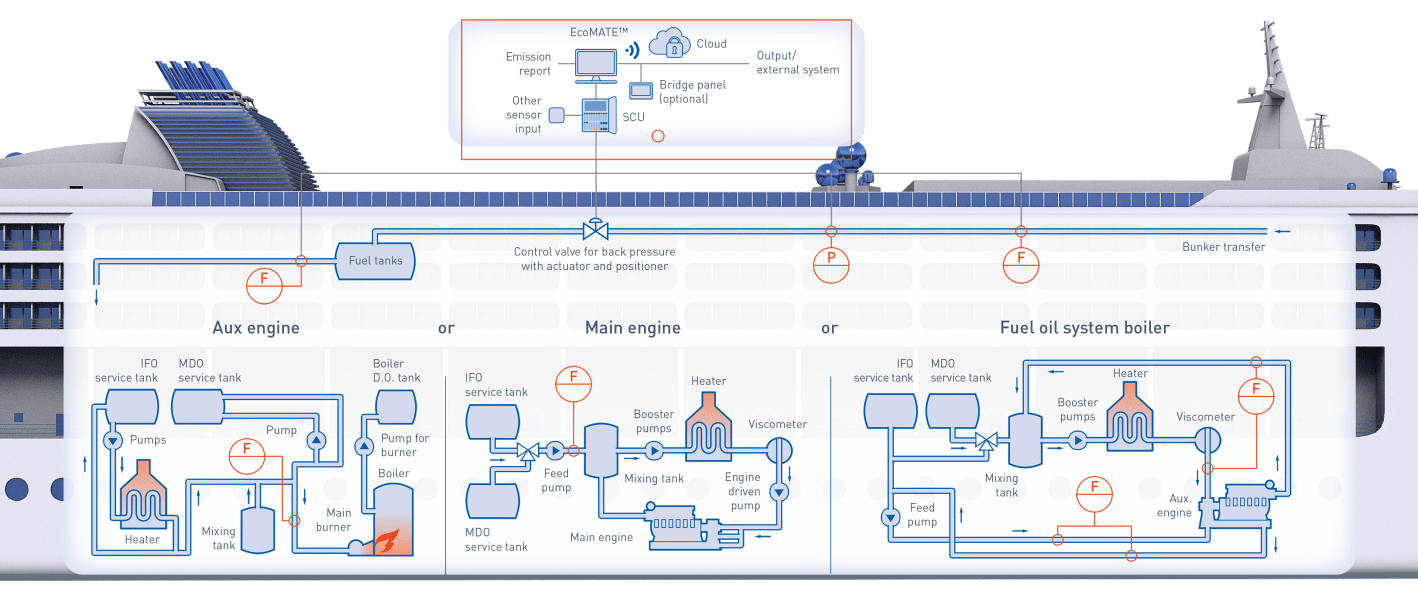Cruise Industry's Dirty Secret: The Alarming Environmental Impact of Bunker Fuel
The Hidden Environmental Costs of Cruise Vacations
As the cruise industry booms, a dark truth lurks beneath the glimmering facades of these floating palaces. Traditional cruise ships rely heavily on heavy fuel oil, also known as bunker fuel. This thick, black oil is a major source of air and water pollution, leaving a devastating impact on both human health and marine ecosystems.
Environmental Concerns
Bunker fuel contains toxic substances such as sulfur oxides and nitrogen oxides, which contribute to respiratory problems, cardiovascular disease, and even cancer. The exhaust from cruise ships also releases greenhouse gases, exacerbating climate change. In addition, spills and leaks of bunker fuel can severely damage marine life, contaminating habitats and harming endangered species.
Health Risks
The air pollution generated by cruise ships poses significant health risks to passengers, crew members, and residents of port cities. Prolonged exposure to these toxic emissions can lead to respiratory ailments such as asthma, bronchitis, and lung cancer. The accumulation of heavy metals in fish and seafood consumed by passengers and locals can also have detrimental health effects.
Government Regulations and Enforcement
Various international organizations and governments have implemented regulations to limit the environmental impact of cruise ships. However, enforcement remains a challenge. Cruise lines often operate in international waters, making it difficult to hold them accountable for their emissions and pollution. Lax oversight and loopholes in existing regulations allow some cruise companies to evade responsibility and continue using bunker fuel.
Conclusion
The cruise industry must prioritize environmental sustainability by transitioning to cleaner alternative fuels and implementing comprehensive pollution control measures. Passengers should be made aware of the harmful impact their vacation choices can have on the environment. Governments and regulatory bodies need to strengthen enforcement mechanisms to ensure compliance and protect both public health and marine ecosystems.

Comments